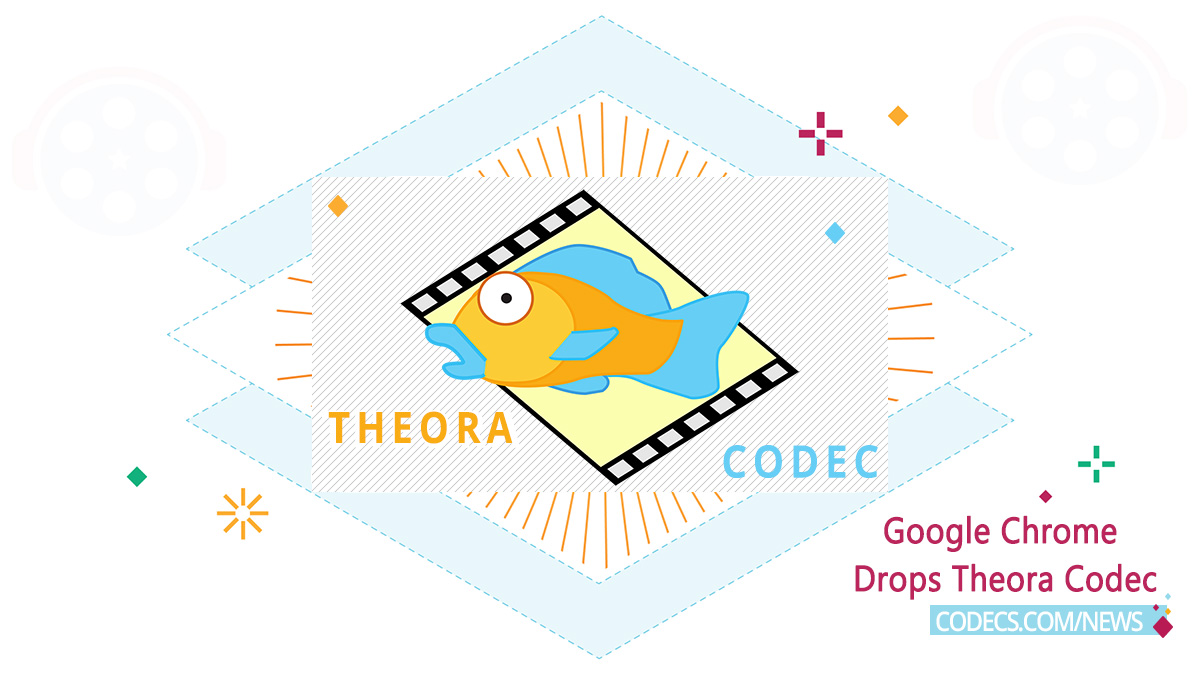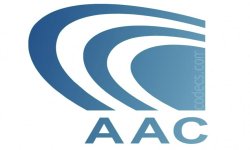In the fast-paced world of the internet, changes happen swiftly, and Google Chrome, a popular web browser, has recently made a significant decision regarding its support for Theora, a free and open video compression format.
Theora is developed by Xiph.org Foundation and derived from the formerly proprietary VP3 codec, released into the public domain by On2 Technologies, acquired by Google.
The Shift Away from Theora
Google Chrome has decided to stop supporting Theora, an older video codec, in favor of more advanced options like VP9 and AV1. These modern codecs offer better video quality and use bandwidth more efficiently.
What It Means for Web Developers?
For web developers and content creators, this change means adapting to newer technologies. By transitioning to VP9 and AV1, they can provide users with high-quality videos that load faster, even on slower internet connections.
Improved Video Quality and Efficiency
VP9 and AV1 codecs not only enhance video quality but also reduce the amount of data needed to stream videos. This efficiency ensures a smoother streaming experience for users while conserving bandwidth.
Google Chrome's decision to drop Theora support could be a step toward a more efficient and visually appealing internet. Web developers and users alike can look forward to a future where online videos are of higher quality and load faster, making the internet a more enjoyable place for everyone.
Some Common Questions Regarding Theora:
Is Theora a codec?
Theora is a video codec, based on the VP3 codec donated by On2 Technologies.
What is the difference between Ogg Theora and Ogg Vorbis?
Ogg Vorbis and Ogg Theora are two different codecs used within the Ogg format. Vorbis is primarily for audio compression, providing high-quality audio with relatively small file sizes. Theora, however, is used for video compression, striking a balance between video quality and file size.
What is Theora compression?
Theora is a free lossy video compression format. It is developed by the Xiph.Org Foundation and distributed without licensing fees alongside their other free and open media projects, including the Vorbis audio format and the Ogg container.
See more info here.












How to Download HEVC Video Extension for Free
Actually worked first try. Usually I have trouble following sites like these as the links are old and things ...
Read More →Don't Open .xmpeg Files Before Reading This
A downloaded torrent contained a large xmpeg file. In addition there was an mp4 video file which claimed you ...
Read More →Is my PC able to play H.265 / HEVC media file...
Thanks, bro! Very helpfull
Read More →